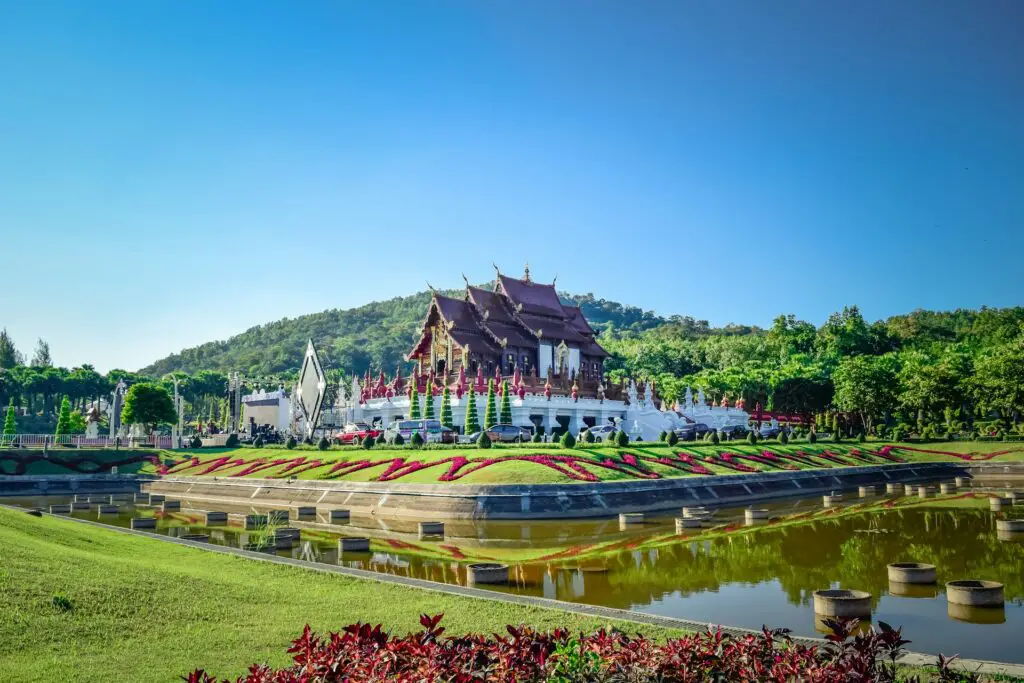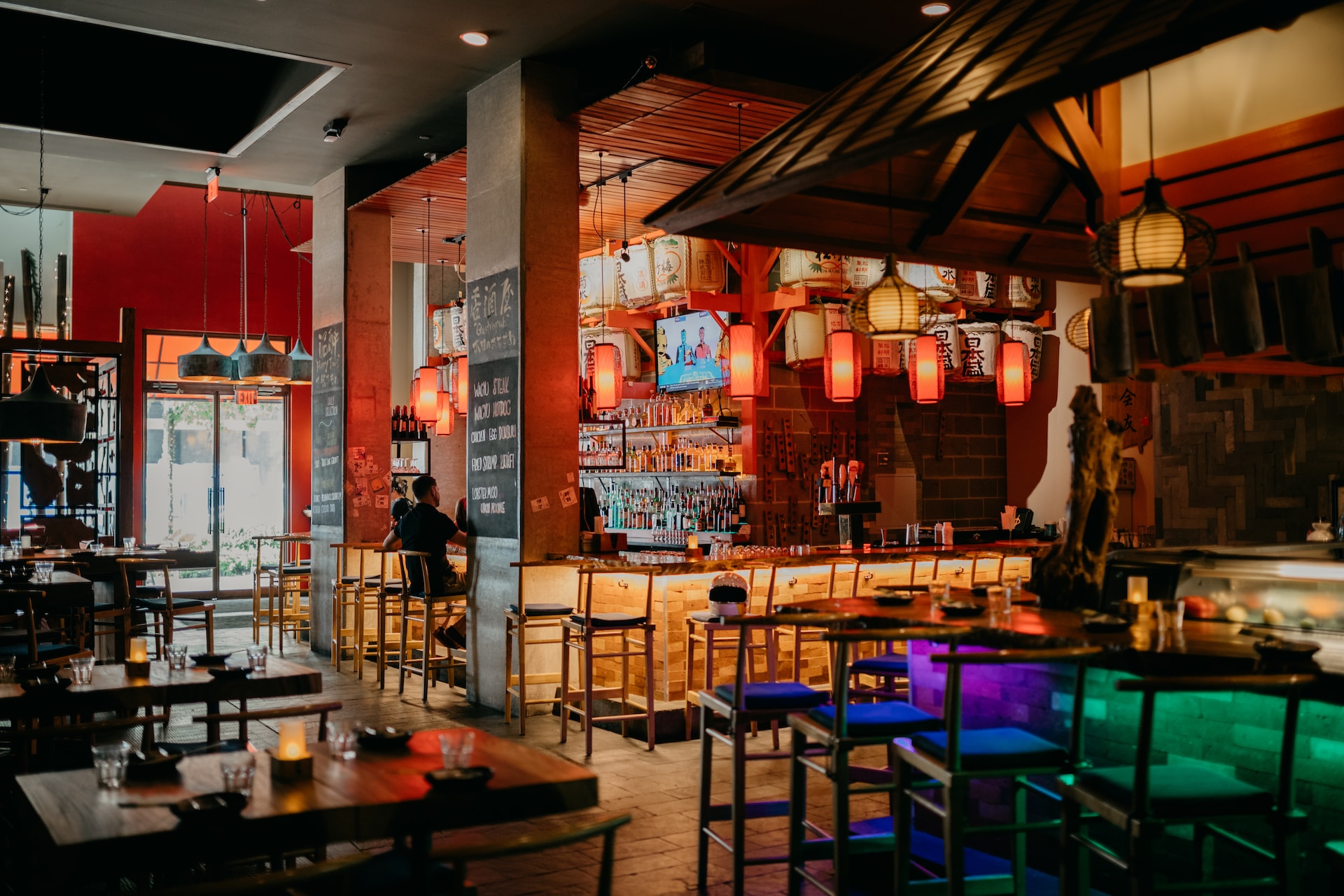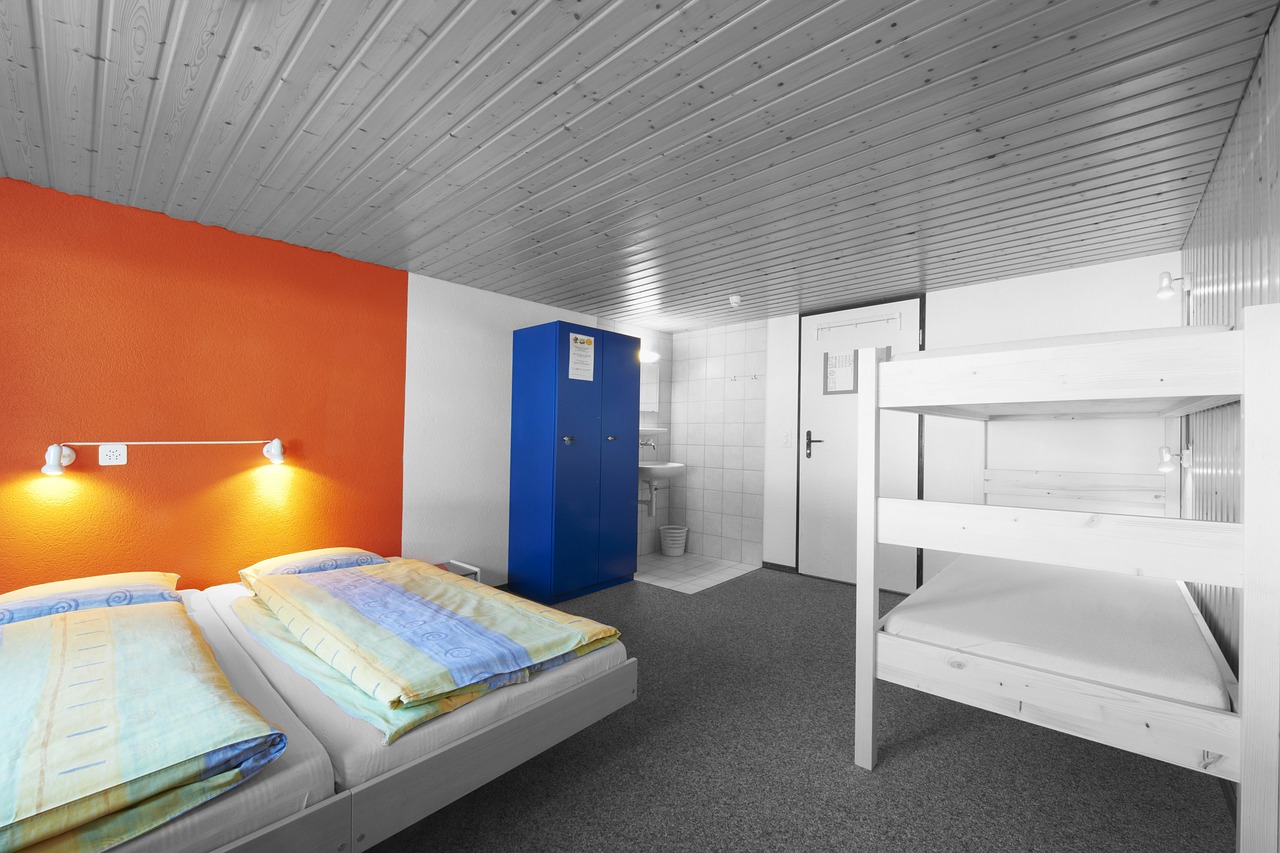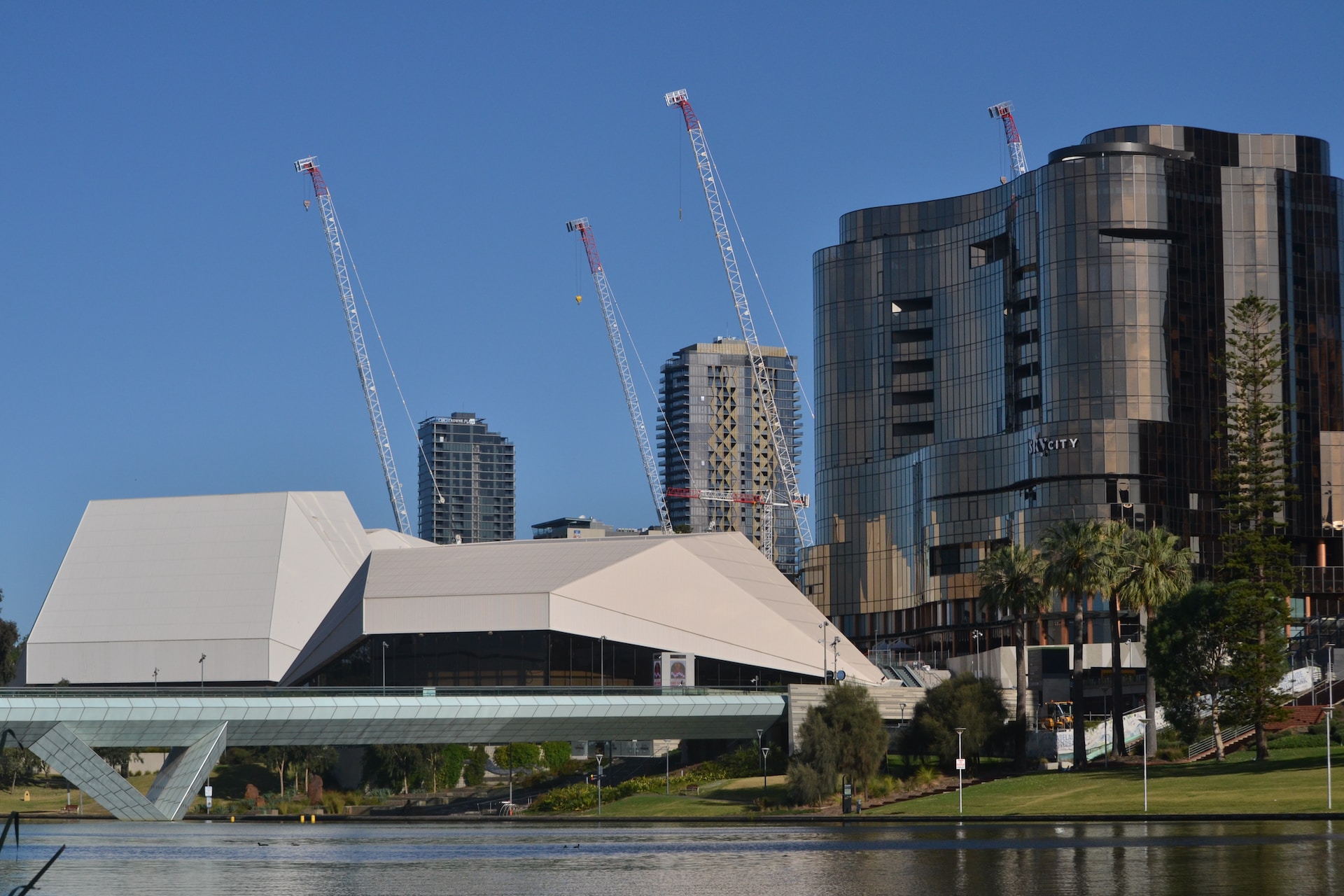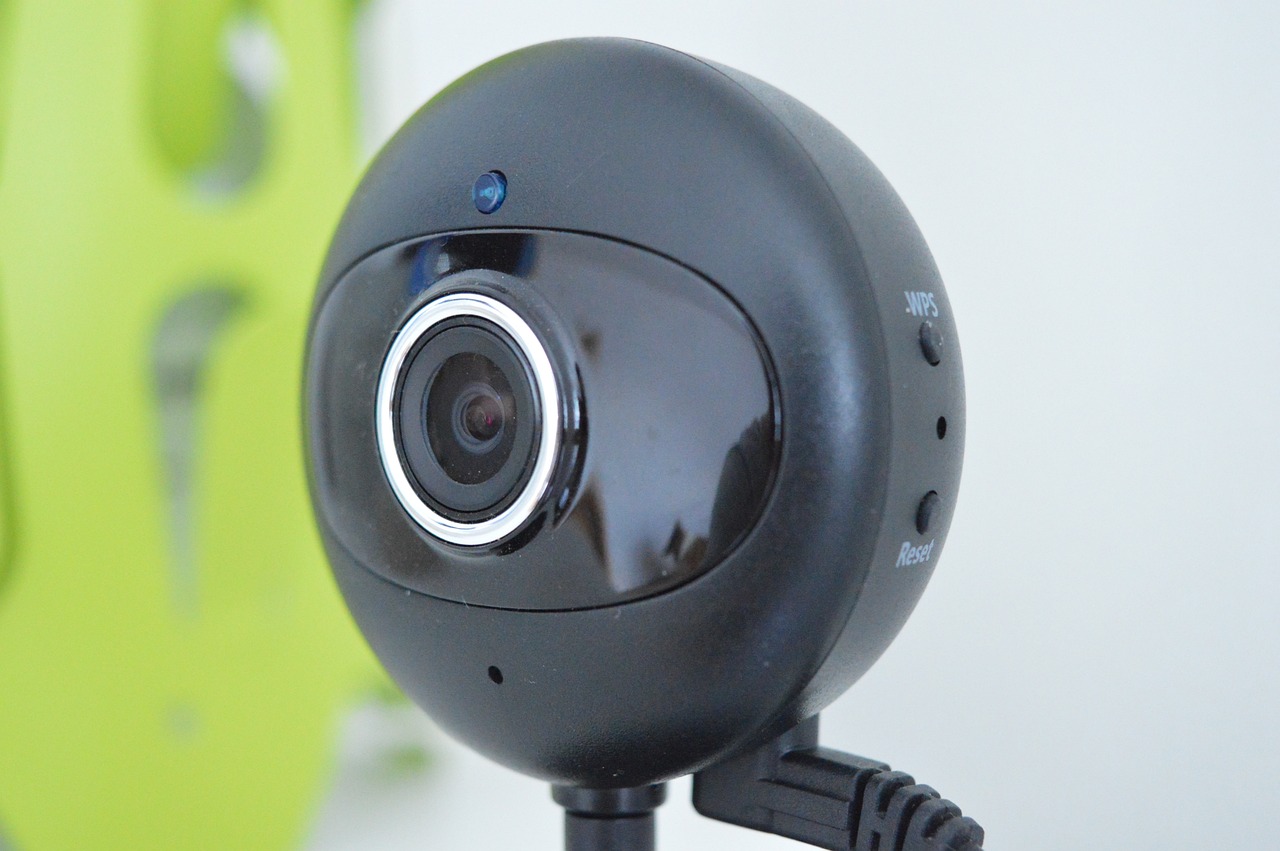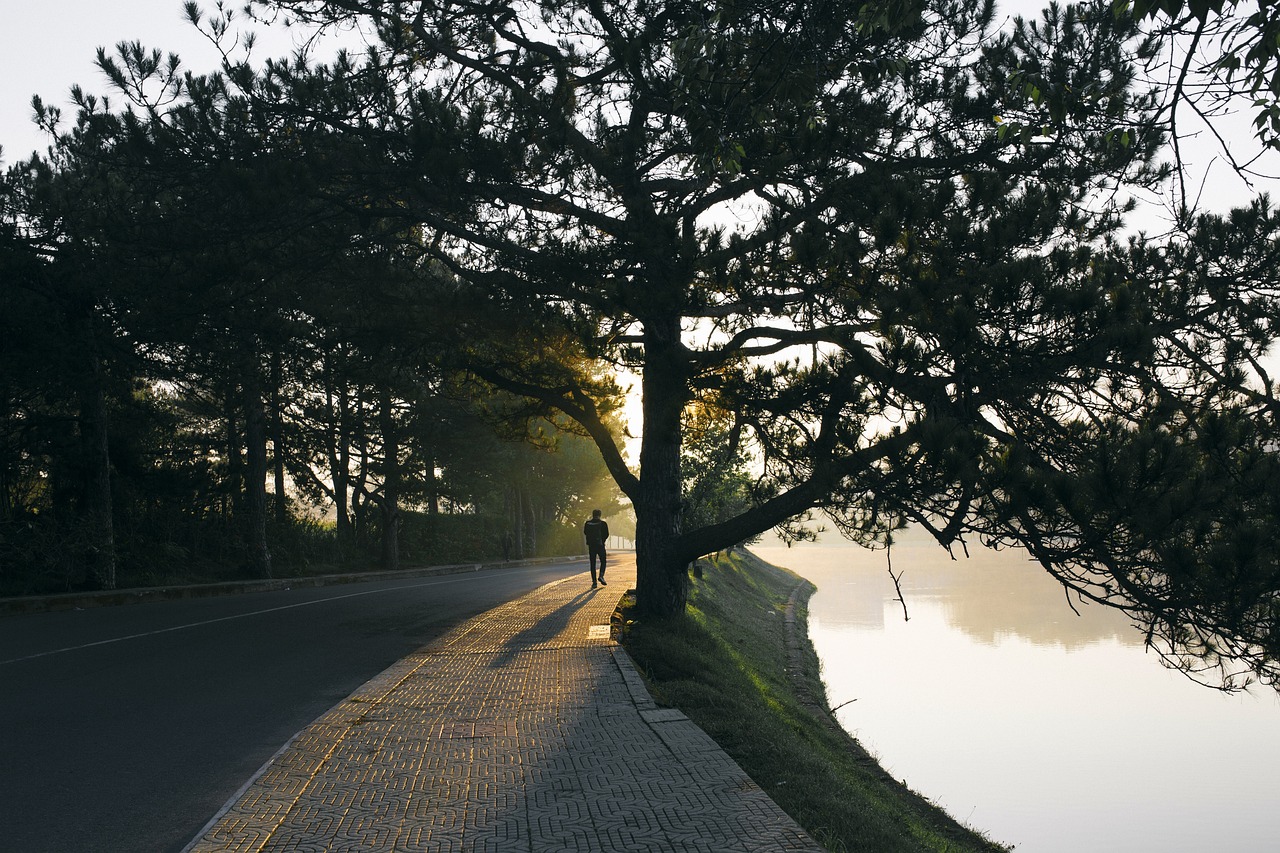Chiang Mai, Thailand, has emerged as a premier destination for digital nomads seeking an affordable, vibrant, and culturally rich place to live and work remotely. Nestled in the mountainous north of Thailand, this city offers a unique blend of modern amenities, a low cost of living, and a laid-back lifestyle that appeals to freelancers, entrepreneurs, and remote workers from around the globe. Crafting a realistic monthly budget is essential for anyone considering this lifestyle, as it ensures financial stability while maximizing the experience of living in this dynamic city. This article provides a detailed breakdown of the costs associated with living in Chiang Mai as a digital nomad, based on 2025 estimates, to help you plan effectively. The budget will cover key categories such as accommodation, food, transportation, coworking spaces, internet, entertainment, and miscellaneous expenses.
Why Chiang Mai?
Before diving into the budget, it’s worth understanding why Chiang Mai is such a magnet for digital nomads. The city boasts a low cost of living compared to Western countries, a thriving expat and nomad community, reliable internet, and an abundance of coworking spaces. Its cultural heritage, with over 300 temples, vibrant night markets, and festivals like Songkran and Loy Krathong, adds to its allure. The surrounding natural beauty, including mountains and national parks, offers opportunities for adventure and relaxation. Additionally, Chiang Mai’s climate is relatively mild compared to Thailand’s southern regions, with a cooler dry season from November to February, making it an ideal base for long-term stays.
For digital nomads, the city’s infrastructure supports a productive lifestyle. High-speed internet is widely available, and the abundance of cafes and coworking spaces caters to remote workers. The relaxed pace of life, combined with a low cost of living, allows nomads to stretch their budgets further than in cities like Bangkok or Western hubs like London or New York. However, costs can vary depending on lifestyle preferences—whether you opt for a minimalist approach or a more comfortable, Western-style living. Below is a comprehensive breakdown of a monthly budget, assuming a single digital nomad with a moderate lifestyle, balancing frugality with comfort.
Accommodation: $300–$600
Accommodation is one of the largest expenses for digital nomads in Chiang Mai, but it remains remarkably affordable compared to Western standards. The cost depends on the type of housing, location, and amenities. Options range from budget guesthouses to modern condos with pools and gyms.
Budget Accommodations ($150–$300): For those prioritizing savings, guesthouses or shared apartments in areas like the Old City or near Chiang Mai University offer rooms for $150–$250 per month. These may include basic furnishings, Wi-Fi, and utilities, though air conditioning is not always guaranteed. Some nomads opt for hostels with private rooms, which can cost around $200–$300 monthly, offering a social atmosphere but less privacy.
Mid-Range Apartments ($300–$450): A popular choice for digital nomads is renting a one-bedroom apartment or studio in neighborhoods like Nimmanhaemin (Nimman) or Santitham. These areas are trendy, with easy access to cafes and coworking spaces. A modern studio with air conditioning, Wi-Fi, and basic furnishings typically costs $300–$400 per month. Utilities (electricity, water, and internet) may add $50–$100, depending on usage, especially if you use air conditioning frequently in the hot season (March–May).
Premium Condos ($450–$600): For those seeking a more luxurious setup, high-end condos in Nimman or near the Ping River offer amenities like pools, gyms, and 24-hour security. These cost $450–$600 monthly, with utilities included in some cases. These are ideal for nomads who value comfort and convenience, such as proximity to upscale restaurants and coworking spaces.
For this budget, we’ll assume a mid-range studio apartment in Nimman costing $350, with $50 for utilities, totaling $400 per month. Booking platforms like Airbnb or local rental agencies like Perfect Homes Chiang Mai can help secure short-term leases, though longer-term rentals (three months or more) often yield discounts.
Food: $150–$300
Chiang Mai is a food lover’s paradise, offering everything from street food to international cuisine at budget-friendly prices. Your food expenses will depend on whether you cook, eat at local stalls, or dine at Western-style restaurants.
Street Food and Local Eateries ($100–$150): Chiang Mai’s street food scene is legendary, with dishes like khao soi (creamy coconut noodle soup), som tam (papaya salad), and mango sticky rice costing $1–$3 per meal. Night markets like Chang Phueak or Chiang Mai Gate offer a variety of options, and a hearty meal at a local restaurant might cost $2–$5. Eating primarily at street stalls or local Thai restaurants, a nomad can keep food costs to $3–$5 per day, totaling $90–$150 monthly.
Mixed Dining ($150–$200): Many digital nomads balance street food with occasional meals at mid-range cafes or restaurants. In Nimman, cafes like Rustic & Blue or The Barn serve Western dishes like avocado toast or burgers for $5–$10. A coffee at a trendy cafe costs $1.50–$3. If you eat street food for most meals but dine at cafes 2–3 times a week, expect to spend $150–$200 monthly.
Western-Style Dining ($200–$300): If you prefer Western or international cuisine, costs rise. Restaurants like The Service 1921 or Beast Burger offer gourmet meals for $10–$20. Regular dining at such places, combined with occasional street food, can push your budget to $200–$300 per month. Cooking at home using ingredients from local markets like Warorot or supermarkets like Rimping can save money, with a weekly grocery bill of $20–$30.
For a moderate lifestyle, we’ll assume a mix of street food ($100) and cafe dining ($50), totaling $150 per month. This allows for delicious, varied meals without excessive splurging.
Transportation: $30–$100
Getting around Chiang Mai is inexpensive, thanks to its compact size and variety of transport options. Your costs will depend on whether you walk, rent a scooter, or use ride-hailing apps.
Walking and Songthaews ($30–$50): Many nomads live in walkable areas like the Old City or Nimman, reducing transport costs. For longer trips, songthaews (red shared taxis) charge $0.50–$1 per ride within the city. Relying on walking and songthaews keeps costs to $30–$50 monthly.
Scooter Rental ($50–$80): Renting a scooter is a popular choice for flexibility. A basic 125cc scooter costs $50–$80 per month, with fuel adding $10–$20 (gas is about $1 per liter, and scooters are fuel-efficient). Helmets are essential, and you’ll need an international driving permit. Traffic in Chiang Mai is manageable, but caution is advised during peak hours or the rainy season (June–October).
Ride-Hailing Apps ($60–$100): Apps like Grab are convenient, with rides costing $1–$3 for short trips. Frequent use, such as daily commutes to coworking spaces or evening outings, can total $60–$100 monthly.
Assuming you rent a scooter ($60) and spend $10 on fuel, transportation costs come to $70 per month. This offers freedom to explore the city and nearby attractions like Doi Suthep or the Mae Sa Valley.
Coworking Spaces and Internet: $100–$200
Reliable internet and a productive workspace are critical for digital nomads. Chiang Mai excels in both areas, with numerous coworking spaces and fast Wi-Fi.
Coworking Spaces ($80–$150): Chiang Mai is home to coworking hubs like Punspace, CAMP, and Yellow. A monthly membership at Punspace Nimman costs around $100–$130, offering high-speed internet, ergonomic chairs, and free coffee. CAMP, located in Maya Mall, charges similar rates. Some nomads prefer cafe-hopping, but dedicated coworking spaces provide a quieter, more focused environment. Daily passes ($5–$10) are available, but monthly memberships are more cost-effective for long-term stays.
Internet ($20–$50): Most apartments include Wi-Fi, but speeds vary (10–100 Mbps). If your accommodation’s internet is unreliable, a mobile data plan is a solid backup. Providers like AIS or True offer unlimited 4G/5G plans for $20–$30 per month. For heavy users, a dedicated fiber connection costs $30–$50 monthly.
Assuming a coworking membership at $100 and included apartment Wi-Fi, this category totals $100 per month. If you prefer working from cafes, you might save on coworking but spend more on coffee ($30–$50).
Entertainment and Leisure: $100–$200
Chiang Mai offers endless opportunities for entertainment, from cultural experiences to outdoor adventures. Your budget will depend on how often you explore and your preferred activities.
Cultural Activities ($30–$70): Visiting temples like Wat Phra That Doi Suthep ($1–$2 entry) or attending festivals is inexpensive. Cooking classes, a popular activity, cost $20–$40 per session. Exploring night markets or museums like the Lanna Folklife Museum adds minimal cost, totaling $30–$70 monthly for occasional outings.
Nightlife and Dining Out ($50–$100): Chiang Mai’s nightlife ranges from laid-back bars in Nimman to live music venues like North Gate Jazz Co-op. A beer costs $1.50–$3, while cocktails run $4–$7. Weekly nights out, including drinks and snacks, total $50–$100 monthly.
Outdoor Adventures ($20–$50): Day trips to Doi Inthanon National Park or elephant sanctuaries cost $20–$50, including transport and entry fees. Activities like zip-lining or rock climbing are pricier ($50–$100), but occasional trips keep costs manageable.
For a balanced lifestyle with weekly outings and one day trip, entertainment costs come to $150 per month. This allows for cultural immersion and socializing without overspending.
Miscellaneous Expenses: $50–$100
This category covers visa costs, health insurance, laundry, and other small expenses.
Visa Costs ($20–$40): A tourist visa (60 days, extendable by 30) costs about $40, prorated to $20 monthly for a six-month stay. Long-term options like the Special Tourist Visa or Elite Visa are pricier but less common among nomads.
Health Insurance ($20–$50): Basic travel insurance covering medical emergencies costs $20–$50 per month. Providers like SafetyWing cater to nomads, offering plans tailored for Thailand.
Laundry and Sundries ($10–$20): Laundry services charge $1–$2 per kilogram, totaling $10–$20 monthly. Toiletries and other essentials add minimal costs.
Assuming $20 for visas, $30 for insurance, and $20 for sundries, miscellaneous expenses total $70 per month.
Total Monthly Budget: $900–$1,020
Here’s the breakdown for a moderate digital nomad lifestyle in Chiang Mai:
Accommodation: $400
Food: $150
Transportation: $70
Coworking and Internet: $100
Entertainment: $150
Miscellaneous: $70
Total: $940 per month
This budget assumes a comfortable yet frugal lifestyle, with a mid-range apartment, a mix of street food and cafe dining, a rented scooter, a coworking membership, and regular outings. For minimalists, costs can drop to $600–$800 by choosing budget accommodations, eating only street food, and limiting entertainment. Conversely, a more luxurious lifestyle with premium condos and frequent dining out could reach $1,200–$1,500.
Tips for Saving Money
Negotiate Long-Term Rentals: Commit to three or six months for lower accommodation rates.
Eat Local: Stick to street food and local markets to cut food costs.
Use Songthaews: They’re cheaper than Grab for short trips.
Join Nomad Communities: Platforms like Nomad List or local Facebook groups offer tips on deals and shared accommodations.
Limit Coworking Costs: Work from cafes or your apartment if Wi-Fi is reliable.
Challenges and Considerations
While Chiang Mai is affordable, challenges include navigating visa regulations, language barriers, and seasonal factors like air pollution during the burning season (February–April). Research visa options early, learn basic Thai phrases, and invest in air purifiers if staying during the smoky months. Health precautions, like vaccinations and insurance, are also essential.
Conclusion
Living in Chiang Mai as a digital nomad offers an unparalleled combination of affordability, productivity, and cultural richness. With a monthly budget of around $940, you can enjoy a comfortable lifestyle, complete with modern accommodations, delicious food, and access to a vibrant community. By planning carefully and embracing local options, digital nomads can make the most of their time in this charming city, balancing work and exploration in one of Southeast Asia’s most welcoming destinations.
